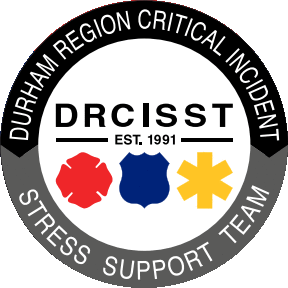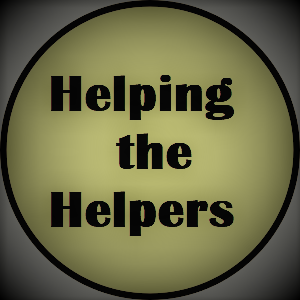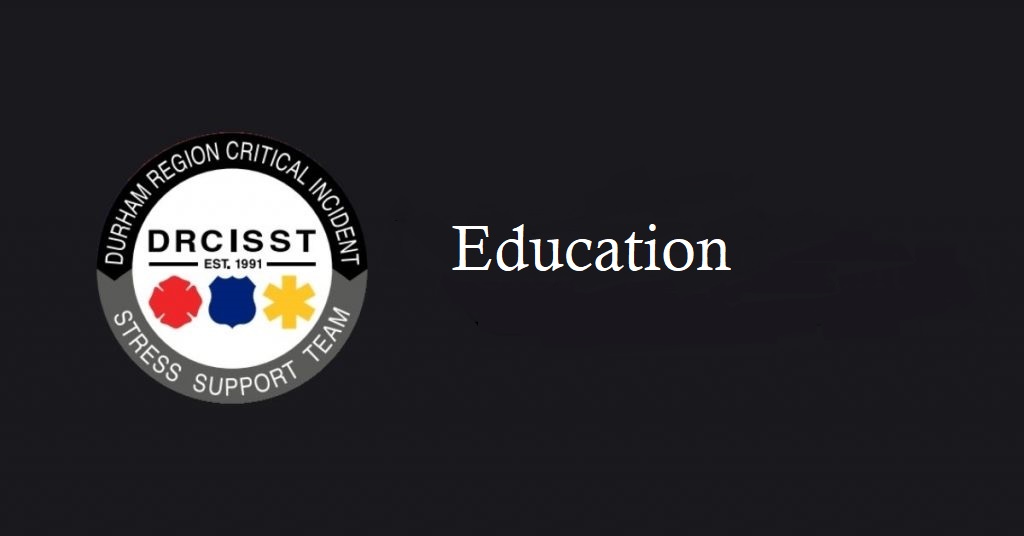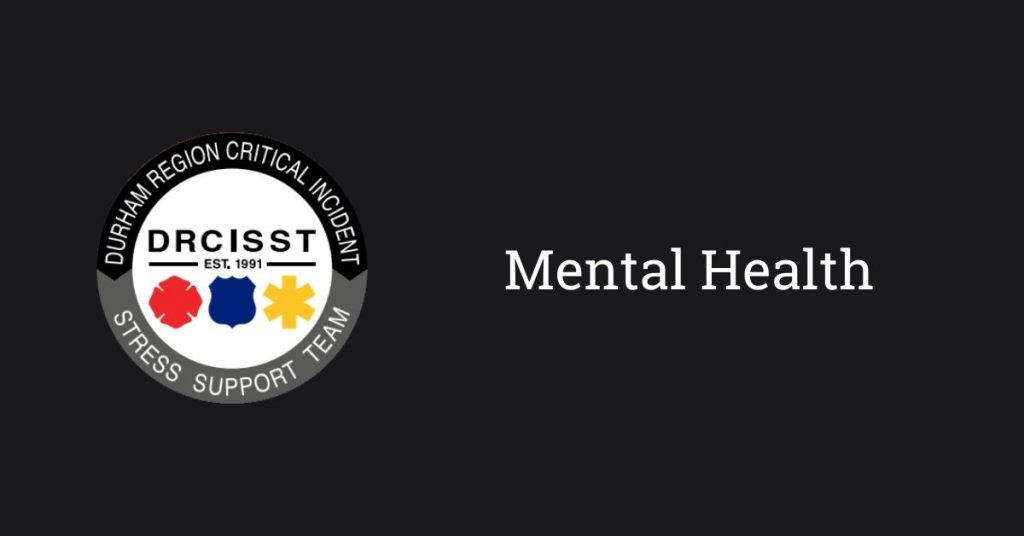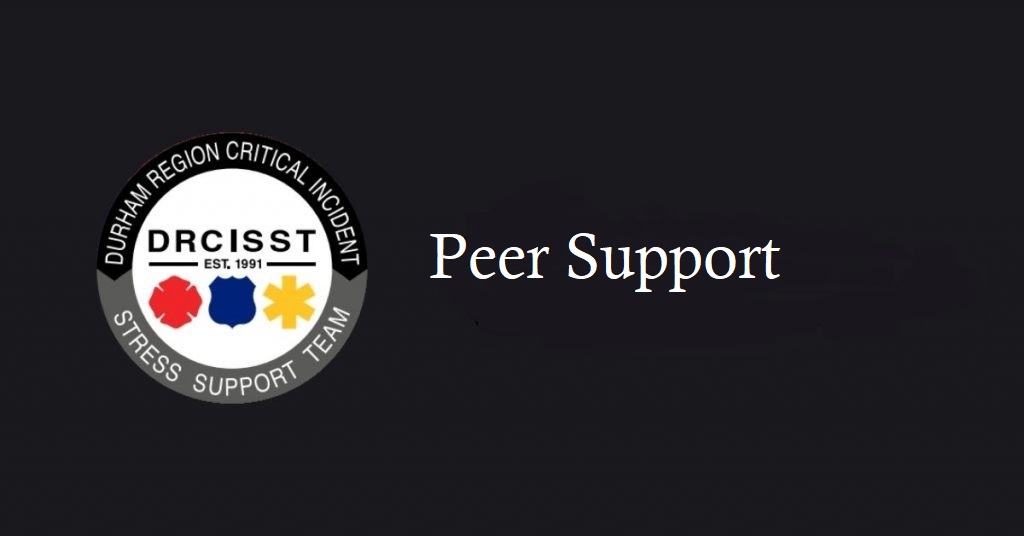It is often difficult for us to know what to say to someone who we know has lost a loved one. Sometimes out of concern that you may say the “wrong thing”, people may avoid contact and limit conversations with the person who is struggling with this issue. Typically, grievers have a heightened awareness of what is going on around them and are very sensitive to changes in their relationships with colleagues, friends and family. Avoidance therefore, can increase their sense of isolation and their ability to receive comfort from those they most trust.
Some people may feel that the individual grieving a loss, may in fact, prefer/need to be alone. It is usually more the case that they are needing for people to treat them “normally”. Many of us are afraid to talk to our colleagues/friends who have experienced a loss. Therefore, our own fear will cause us to avoid the individual or avoid the subject of their illness/loss. Fear is one of the most common responses to loss. Fear may cause grievers to isolate and avoid contact as well.
So what are the alternatives to avoidance? Allow the individual grieving a loss to decide whether they wish to talk about it. If you are speaking with someone who has recently lost a loved one, something as simple as ” I was sorry to hear about your loss” allows the griever to simply say :”thank you” or to take the opportunity to talk about their loss. Give them the opportunity to make that decision. When no-one ever mentions the loss, they can be left feeling even more isolated and unsupported. Trust yourself! You will know if the individual simply does not want to continue the conversation. Listen and they will tell you.
SUPPORT GOES BEYOND WORDS
There are many practical and respectful ways of helping colleagues/friends who have experienced a loss.
• Rides to and from work.
• Tasks that may simply require time and energy.
• If they have younger children, is there driving that needs to be done. These are but a few examples. Your interest in helping will generate a longer list of how you might be able to help. Remember, if you don’t ask, you won’t know how supportive you can be.
Keep in mind that you cannot take on all the responsibilities for your colleague/friend and your involvement will in some part be based on your existing relationship. To support effectively, it is important to manage your involvement and not become exhausted yourself.
Helping the bereaved person immediately after the death
(Your present relationship will denote which suggestions are most comfortable for you) Offer to notify family/friends about funeral arrangements. House-sit if the bereaved will be travelling for the service. Help answer the phone and greet visitors. Keep a record of who calls, visits or has been contacted. Keep records of who sends letters, flowers or helps in anyway. Help co-ordinate the food and drink. Help arrange housing and transportation for out-of-town visitors. Keep the house cleaned and the dishes washed. Grocery shop/errands. Offer company going to the funeral home (if there are no family members). Arrange care for the children and transportation. Allow the bereaved to be alone, if desired. Remind him/her to rest and eat. Prepare meals and pull resources from friends and neighbours.
Helping the bereaved person after the Funeral or Memorial Service
Be especially sensitive to help with tasks that the deceased did in the household (car upkeep, cooking, bill paying etc.). Offer help with meals (Do not decide this is what you will do – Ask). Write notes of support, bring (not send) flowers. Offer to help with the thank you notes. Offer transportation support if necessary. Visit or contact your colleague or friend during difficult times like birthdays, holidays and acknowledge the anniversary of the death.
Listen.
Ask before you assume what will be helpful. When someone has lost a partner, family member including children, they feel that their life is no longer in their control. Let the person tell you what will be helpful.
If you are struggling with how to support a colleague or friend through a loss, remember that you have access to the EAP program. A counsellor may provide you with more suggestions in dealing with your situation.
Do Not Say:
I know just how you feel. I am so sorry. It is God’s will. I know this is very painful for you. You can always have more children (or at least you have more children) He/she was very special. He/ She had a very full life. I know you will miss her/him. It’s time to move on with your life. Take all the time you need. Be strong. <Hug>/or This must be very hard. Something good always comes out of tragedy (Or every cloud has a silver lining). <Silence> Listen They are better off. We will all miss her/him. Call me if you need me. I will call you tomorrow. In the meantime if you need me here is my number. You must be strong for your children. How are you managing with the children. Do you need some “downtime”. Can I help?
Another comment that will likely be unhelpful is “You should be over it by now”. While their grief process may frustrate you, concern you, even irritate you, it is ultimately their process and you may support but not direct their journey. Remember: Coping with grief takes the time that it takes.
Do not underestimate the value of listening as a sign of support and caring. Your colleague will also give you cues on their philosophy regarding death and grief which will be helpful to you in providing support. Culture and religious beliefs play an important role in how individuals cope with illness and death.
Do Say:
If in doubt, be honest. Some of the best conversations and learning experiences may occur when you simply state “I don’t know what to say” Your vulnerability will be genuine and will allow your colleague/friend to be honest with you without fear.
